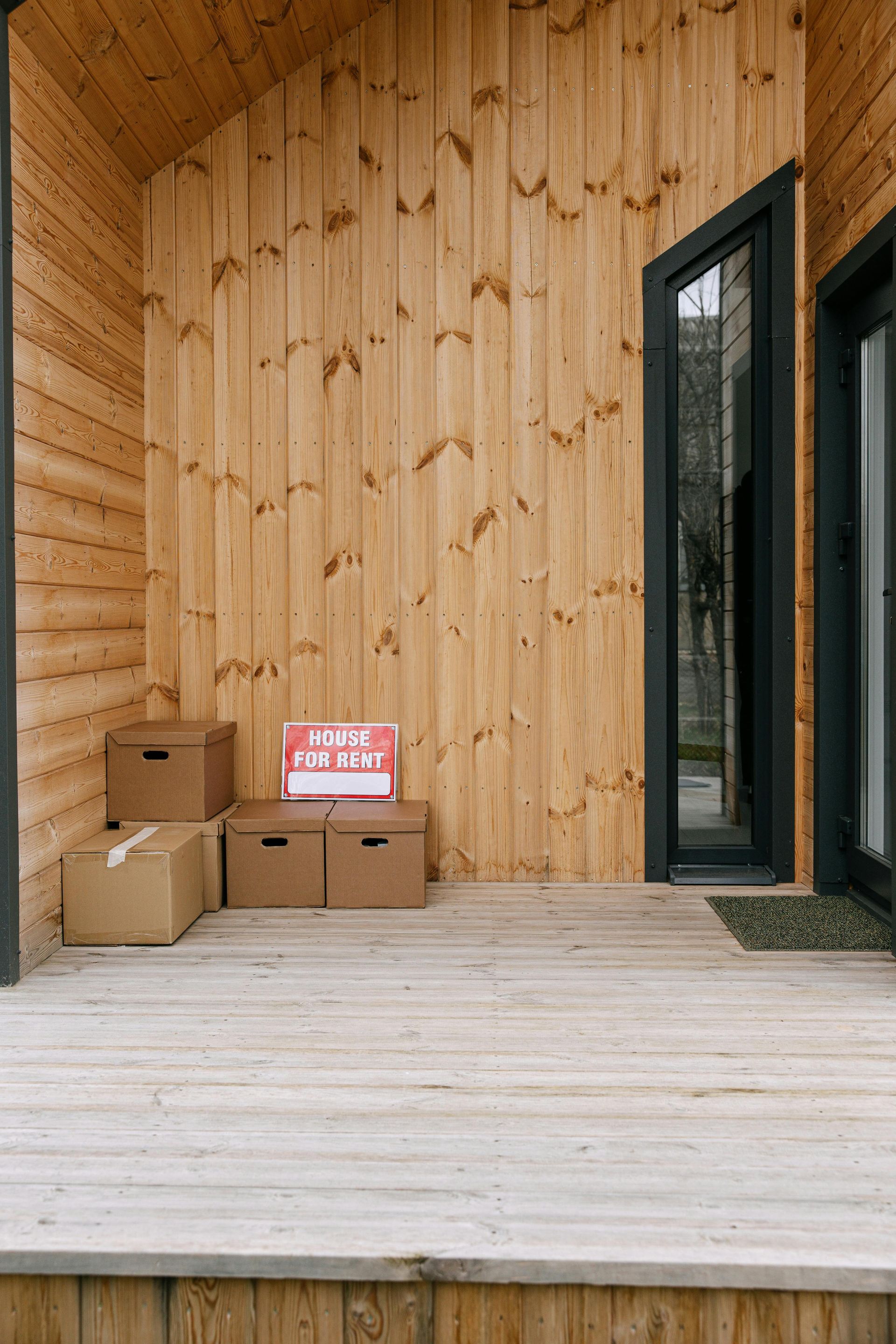Section 179 + Bonus Depreciation: A One-Two Punch
Section 179 + Bonus Depreciation: A One-Two Punch
Thanks to recent tax law improvements, a small business owner often can write off all or most of the cost of qualified business property placed in service during the year. To top things off, the business also might qualify for 100% first-year bonus depreciation on qualified property.
That’s a one-two punch that’s hard to beat. And if there’s any amount left over, it’s deductible through regular depreciation methods.
2 powerful tax breaks
Here’s a summary of these two powerful depreciation-related tax breaks:
Section 179 vs bonus depreciation
Section 179 deductions:
Under Sec. 179 of the Internal Revenue Code, a business may currently deduct the cost of qualified new or used business property, up to an annual limit. For these purposes, qualified property includes business property with a cost recovery period of 20 years or less, depreciable software that isn’t amortized over 15 years, qualified leasehold improvements, and water utility property.
Fortunately, the Tax Cuts and Jobs Act (TCJA) doubled the maximum Sec. 179 deduction from $500,000 to $1 million beginning in 2018 with inflation indexing ($1.05 million in 2021). But there are a couple of key restrictions:
- The Sec. 179 deduction can’t exceed your net taxable income from your business activities. For example, if your company generates $900,000 in taxable income in 2021, your deduction is limited to $900,000 — even if you spend more.
- The maximum Sec. 179 deduction is reduced dollar-for-dollar above a specified threshold. Under the TCJA, the threshold is increased from $2 million to $2.5 million, with inflation indexing ($2.62 million in 2021).
Bonus depreciation:
Before the TCJA, you could claim a bonus depreciation deduction equal to 50% of the cost of qualified new property (but not used property). The TCJA authorized 100% bonus depreciation for qualified property placed in service after September 27, 2017, and extends this tax break to used property.
In addition, the CARES Act fixed a glitch in the TCJA that previously barred bonus depreciation for qualified improvement property. But the 100% bonus depreciation deduction is scheduled to be gradually phased out beginning in 2023. Barring any further legislation, the tax break will be completely phased out after 2026.
A small business can generally elect to claim the Sec. 179 allowance or first-year bonus depreciation, or both, if applicable. If you’re combining Sec. 179 with bonus depreciation, the Sec. 179 deduction is calculated first. Then bonus depreciation is applied to the remainder.
Consult an Expert
Finally, be aware that other special rules may affect depreciation-related deductions. For example, the tax code imposes certain annual limits on deductions for vehicles. Practical advice: Consult with your tax advisor before acquiring business property.
This material is generic in nature. Before relying on the material in any important matter, users should note date of publication and carefully evaluate its accuracy, currency, completeness, and relevance for their purposes, and should obtain any appropriate professional advice relevant to their particular circumstances.
Share Post:









